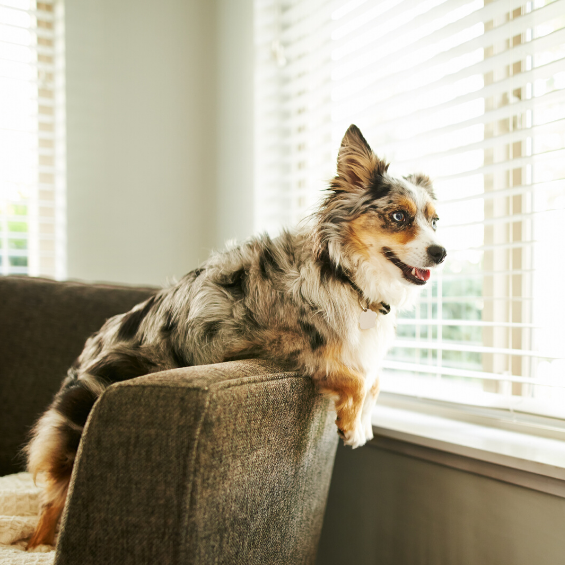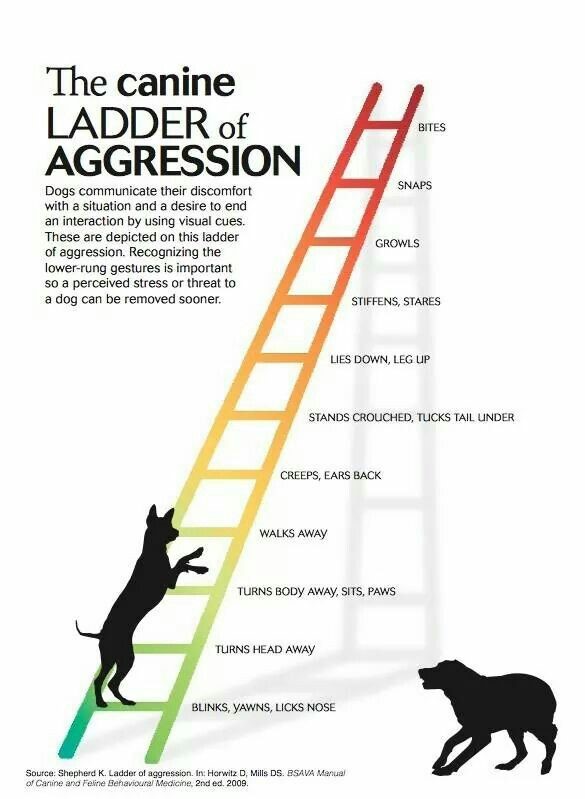
Pet Care in a Pandemic
by Lauren Samet
01/05/2020
In these widely-mentioned “unprecedented times” the advice, facts, and science on Covid-19 are constantly being updated. People caring for our nations’ animals are classed as key workers, and are essential in keeping animals healthy throughout the crisis. Even those of us with pets have had to adapt the care they provide for their animals during this time.
Advice for Pet Owners
Pets and Covid-19
There is currently no evidence that pets can become sick from COVID-19, so it’s highly unlikely they are at risk. However, if you have to self-isolate due to illness then try to minimise contact with your pet as much as possible and maintain sensible hygiene practices (e.g. washing your hands with soap and water for 20 seconds) before and after handling or feeding. It’s also best to leave the snuggling until after you are better.
The current advice from the World Health Organisation and British Veterinary Association is that there is no evidence that pets can be a source of infection or that they can become sick from COVID-19. It is possible that the virus could survive on pets’ fur for a short time, as with other surfaces, so taking sensible precautions is the best advice. Avoid interacting with other’s pets unnecessarily (especially those that might themselves be self-isolating) and if it’s unavoidable, ensure you wash your hands thoroughly after contact.
Dog Walking & Self Isolation
If you are self-isolating then you should not leave the house and this includes taking your dog for a walk. If you are lucky enough to have a private garden then your dog can be let out there and you can provide extra enrichment, games and training if necessary to keep them from getting bored or missing their daily walkies too much.
For many people, a garden may not be an option and so it may be necessary to ask a friend, neighbour, or dog walker to take your dog out for you. However, it is important that they know you are self-isolating prior to this arrangement so they can take necessary precautions when collecting your dog. For example, they may want to bring their own lead and wipe the dog down with a damp cloth before touching them. It may also be worth discussing the “hand-over” over the phone prior to them picking the dog up to allow social distancing (2m) to be maintained, and a stress and risk-free collection to be made. For some people, it may even be easier for a family member to look after the dog for a short period to further decrease the risk of transmission from daily handovers.
Cats and Covid-19
For cats, there has been a bit more press coverage about how to care for them during Covid-19. For cats living indoors then self-isolating should not present too many changes in their daily routine. The only potential difference is that some cats may feel slightly stressed that you and your family are home more (while some cats may think it’s wonderful!).
Ensure the cats in your home have enough access to their usual resources and a few more “getaway options” if they want to sleep, rest or get away from noise in the home.
For cats that have access to both indoors and the outside there are some additional considerations. The PDSA advise that if keeping your cat indoors causes them stress then to continue letting them out. Under these circumstances however, try to minimise interactions with them and wash your hands before and afterwards.
A Stressful Times for Pets Too
Believe it or not the most likely issue your pet could suffer from during this time of #stayinghome is stress. Just like us humans, the change in social “norms”, lockdown and families staying at home more are likely to disrupt your pet’s life as much as it disrupts yours.
For families that have younger children at home, it is the owner’s responsibility to make sure pets are coping with all the extra fuss and attention they might be getting. The canine “ladder of aggression” is a great tool to get familiar with, which shows how dogs may signal they are unsure or uncomfortable with a situation. Recognising the behaviours at the bottom of the ladder can help you help your dog avoid those behaviours closer to the top. It by no means suggests that every dog will bite, but it does show how to recognise when your dog may be feeling uneasy and could benefit from some space, reassurance, or positive handling.
If your children are old enough then a bit of “animal behaviour” could also be a great thing to teach them whilst home schooling. All pets in the home deserve some downtime (just like parents!) so ensure pets have a space they can take themselves free from disturbance whenever they might be starting to feel overwhelmed.

Keeping Your Pets Happy During Lockdown
No matter how it is expressed stress can be unpleasant for a pet and can compromise their welfare. Here are some extra tips for keeping your pets happy indoors:
The “Catio” – If you want your indoor moggy to have controlled access to the outdoors then building a secure, fully-fenced enclosure outside may be the answer. There are lots of imaginative designs out there; some are attached to owner’s houses so cats can roam freely indoors and out, while others are in a separate area of the garden that owners can take their cats out to (think a rabbit run but with a bit more height and climbing opportunities).
Fun and Games – Invest in getting your pets some new toys during this time and play with them often (tip – some pets have to learn “how” to play if they have had little experience of play before). For cats this might be bursts of chasing, pouncing, stalking, or catching. For dogs this may be tugger games, fetch or a good chew! All types of pet may appreciate a food puzzle ball, scatter feed or hiding tasty treats for them to sniff out and find.
Games are fun and rewarding for animals just as they are for us! They engage and activate different areas of the brain and can help distract from or prevent stress by releasing feel-good neurotransmitters in the brain. Not to mention they require energy and so can be a great way to increase yours and your pet’s activity levels when stuck at home.
Scratch and Chew – Cats love to scratch and most dogs adore a chew! Provide your cat with lots of opportunities to keep their claws in good condition by providing different textured scratching posts around the home.
Giving a dog a bone (it doesn’t have to be a real one) can give them an extra “hobby”. Chewing is a natural part of a dog’s behavioural repertoire and can act as a pacifying pastime for when your pet wishes to relax. There are many shapes, sizes and textures of chew out there so consider what your dog might like and offer a variety to see which they prefer. Older dogs may need a softer texture, while many young dogs prefer a harder, more durable chew such as a Nylabone.
Exploration – Exploration comes in many different shapes and sizes. For cats it may be a new box to hide in or some interesting (safe) packaging to play with, while for dogs it may be a game of hide and seek in the garden with a treat to find. Don’t underestimate how much interest these simple acts might bring to your pet’s daily life.
As a nation of pet lovers staying at home with our pets can brings much needed company to both parties. If you have some extra time on your hands and want to show your pet some extra love then why not check out the Vitapaws range and treat them to a premium hypoallergenic pet food or additional nutritional supplement, available at www.simplysupplements.co.uk/vitapaws
References, further reading and resources for UK pet care during the Covid-19 outbreak:
Gov.UK Coronavirus (COVID-19): advice for people in England with animals
Gov.Scot Coronavirus (COVID-19): advice for animal owners
Gov.Wales Advice for pet owners: coronavirus (COVID-19)
Daera-NI.Gov https://www.daera-ni.gov.uk/articles/covid-19-horses-pets-guidance
The PDSA: Vet Q&A: taking care of your pet during lockdown
Cats Protection: FAQs about coronavirus (COVID-19) and cats
Dogs Trust: Dog advice during coronavirus lockdown
SSPCA: Coronavirus FAQS for pet owners
ALL PET NEWS





 Order before 12pm Mon-Fri for same day dispatch
Order before 12pm Mon-Fri for same day dispatch

